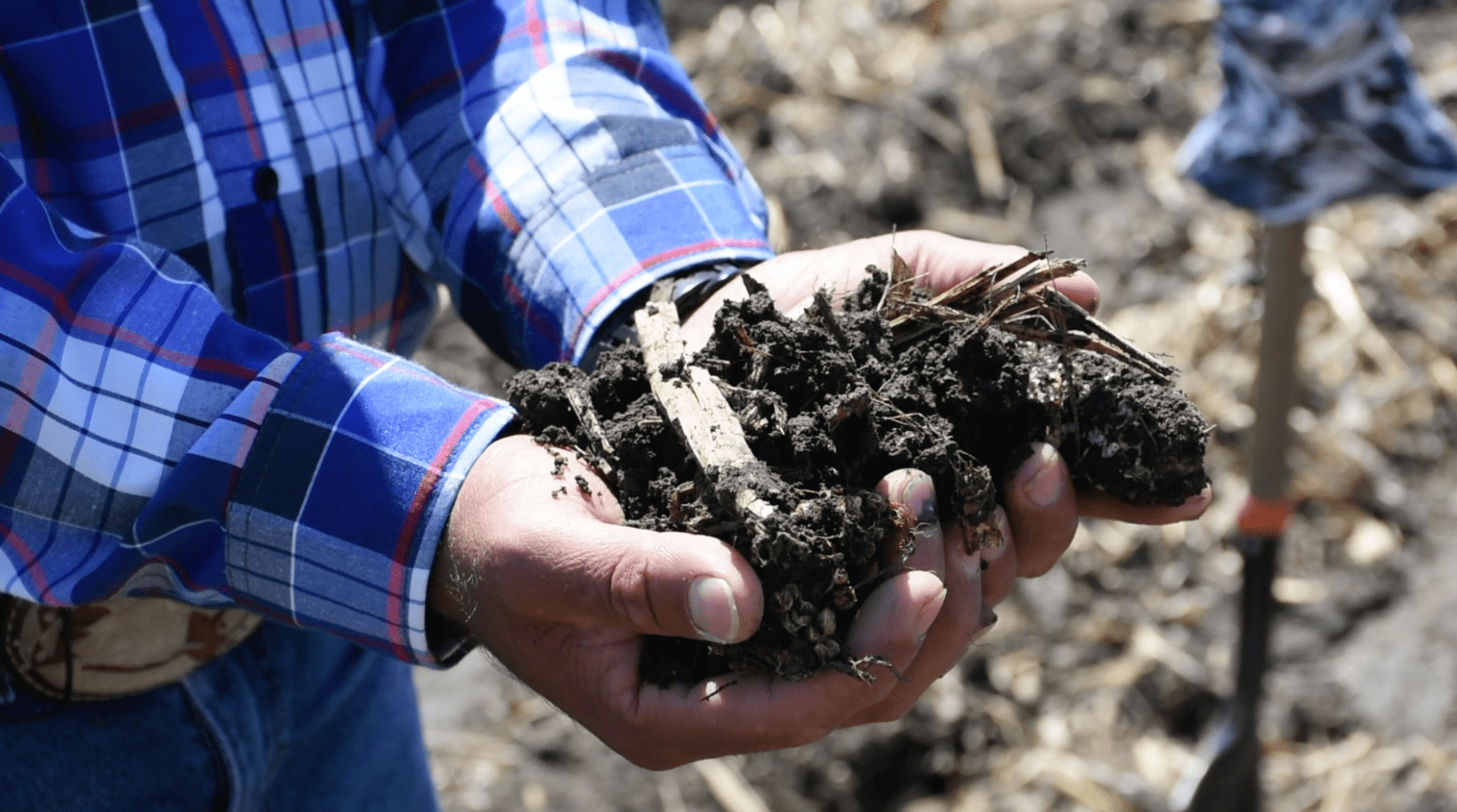
Este artículo también está disponible en español.
With the participation of more than 30 researchers from four CGIAR Centers located in the Americas, a planning workshop for a new CGIAR Research Initiative, AgriLAC Resiliente, was held on April 4–6, 2022. Its purpose was to define the implementation of activities to improve the livelihoods of producers in Latin America, with the support of national governments, the private sector, civil society, and CGIAR’s regional and global funders, and partners.
“This workshop is the first face-to-face planning meeting aimed at defining, in a joined-up manner and map in hand, how the teams across Centers in the region will complement each other, taking advantage of the path that each Center has taken in Latin America, but this time based on the advantage of reaching the territories not as four independent Centers, but as one CGIAR team,” says Deissy Martínez Barón, leader of the Initiative from the Alliance of Bioversity International and CIAT.
AgriLAC Resiliente is an Initiative co-designed to transform food systems in Latin America and the Caribbean. It aims to increase resilience, ecosystem services and the competitiveness of agrifood innovation systems in the region. Through this Initiative, CGIAR is committed to providing a regional structure that enhances its effectiveness and responds better to national and regional priorities, needs and demands.
This Initiative is one of a number that the CGIAR has in Latin America and the Caribbean and consists of five research components:
- Climate and nutrition that seeks to use collaborative innovations for climate-resilient and nutritious agrifood systems;
- Digital agriculture through the use of digital and inclusive tools for the creation of actionable knowledge;
- Competitiveness with low emissions, focused on agroecosystems, landscapes and value chains, low in sustainable emissions;
- Innovation and scaling with the Innova-Hubs network for agrifood innovations and their scaling up;
- Science for timely decision making and the establishment of policies, institutions and investments in resilient, competitive and low-emission agrifood systems.
The regional character of these CGIAR Initiatives and of the teams of researchers who make them a reality in the territories with the producers, was prominent in the minds of the leadership that also participated in this workshop. Martin Kropff, Global Director, Resilient Agrifood Systems, CGIAR; Joaquín Lozano, Regional Director, Latin America and the Caribbean, CGIAR; Óscar Ortiz, Acting Director General of the International Potato Center; Jesús Quintana, Manager for the Americas of the Alliance of Bioversity International and CIAT; and Bram Govaerts, Director General of the International Maize and Wheat Improvement Center (CIMMYT), all stated the importance of CGIAR being central to every discussion in which the teams are co-constructing a greater consensus on what AgriLAC Resliente is, what it wants to achieve, the approach it will use, and the goals it aims to achieve through synergies among its five components.
Acting as an integrated organization is also an opportunity for CGIAR to leverage co-developed solutions and solve local challenges in the global South related to climate change and agrifood systems transformation. “Building the new CGIAR involves tons of collaboration and coordination. In this AgriLAC Resiliente workshop, we have had a dialogue full of energy focused on achieving real impact” highlighted Bram Govaerts. He continued, “this is an occasion to strengthen teamwork around this CGIAR Initiative in which the Integrated Agrifood System Initiative approach will be applied in the Latin American region, which is a very interconnected region” he pointed out.
One of the main results of this workshop is an opportunity to carry out the integration of the CGIAR teams in the implementation of the AgriLAC Resiliente Initiative, with applied science and the decisive role of the partners at each point of the region, as mechanisms for change.
In 2022, the research teams will begin to lay the groundwork for implementing the Initiative’s integrative approach to strengthen the innovations to be co-developed with partners and collaborators in the Latin American region, that encompass the interconnected nature of the global South.
Learn more about the Initiative:
AgriLAC Resiliente: Resilient Agrifood Innovation Systems in Latin America and the Caribbean
This article, authored by the AgriLAC Resiliente team, was originally published on CGIAR.org.
 Nutrition, health and food security
Nutrition, health and food security